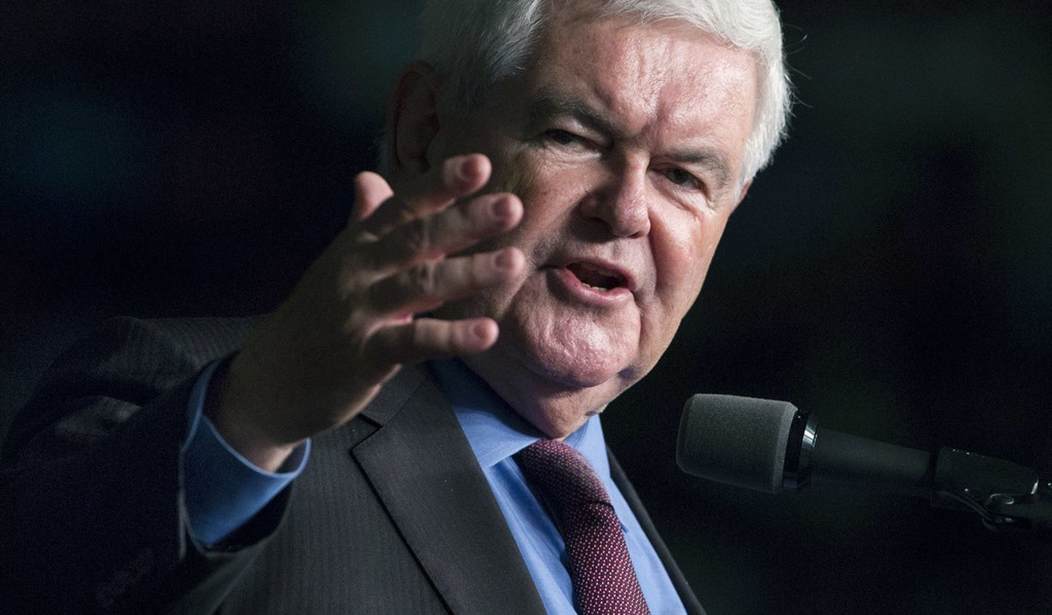As the new year began, the media and the country were taking a closer look at “Whitewater,” a failed development in Arkansas in which the Clintons were involved and some investors lost their shirts. Bob Dole, Gingrich, and the Republicans, who had previously opposed the Independent Counsel Law, now altered course 180 degrees and supported the naming of an independent investigator into the Clintons’ involvement in Whitewater and a failed savings and loan, Madison Guaranty. It was all a complicated mess but blessedly for the Republicans, the scandal had a memorable name, similar to Watergate without needing the suffix gate attached to it.
It was then revealed that in the growing Whitewater matter, some $50,000 was taken from Madison Guaranty and given to Clinton in 1984 to pay him back for a personal debt. It was getting messier and messier; people were learning how business was done in Little Rock, which for years had been a “cooling off ” town for New York mafiosi who were on the lam. Madison Guaranty had made a lot of money in the 1980s and then lost a lot of money. In the S&L crisis, the taxpayers shelled out millions to pay Madison depositors. The Clintons never got hurt in the collapse of Madison or Whitewater, though they claimed to have lost $69,000. There were no documents to prove it.
The Whitewater scandal cascaded along. Gingrich was enjoying it all, saying Clinton “has a very big problem engaging reality.” In an attempt to clean up the mess, the president held a press conference where he revealed that their losses on Whitewater were far less—$22,000 less—than what they had claimed previously. The scandal was not put to bed, though, especially since the Clintons had always refused to release their income taxes for the years in question, including the year of a highly suspicious $100,000 paid to Hillary in a single afternoon that concerned cattle futures. It also bade badly that she had legally represented the failed S&L, Madison Guaranty, before a state bankruptcy board while her husband was the governor and they both had a fiduciary interest in the bank. Clinton acquitted himself well in the press conference and won the day with the press, but the issue was far from over. Gingrich and the Republicans did all they could to keep the pot boiling, but they didn’t need to do much: the media was hot on the trail and a grand jury had already been convened.
Recommended
Still, Gingrich made broad hints about the extent of the charges against Clinton and said that Whitewater could potentially paralyze the White House, just as Watergate did to Nixon. He even cranked it up higher, saying, “This is more than Watergate.”
“The president was furious,” reported Rita Braver of CBS, when she asked him about Gingrich’s remarks.
***
The off-year elections were shaping up to be an ideological showdown, nothing less, and as the fortunes of the GOP were brightening, those of Bill Clinton were darkening. The heady days of the new young presidency had passed. They had come in full of promise and full of themselves. They were going to show the town how things were done. They were going to rise above it all. They were different, they told themselves. The town said otherwise.
A new reality had set in for the Clintons, and it included their past catching up with them. Two events from Clinton’s first term were animating a conservative populist uprising against the Clintons: the 1992 Ruby Ridge massacre in Idaho, and the 1993 Branch Davidians debacle in Waco, Texas. Neither Clinton nor Attorney General Janet Reno had offered any words of comfort or apologies for the men, women, and children murdered by the US government at Waco. As far as conservatives were concerned, the government had acted as if private citizens were in fact wards of the state, and the state had the choice to dispose of anyone as they saw fit.
These incidents and others added to a surreal feeling in the countryside. For the first time anyone could remember, Americans feared and hated their own government. Patriotism, for many, was defined as being for the country and for the Constitution, but against the government. Many hated Clinton in the same way liberals hated Nixon and Reagan.
Few liberals were sticking with the Clintons. Richard Cohen of the Washington Post ripped them, “If anyone has threatened the Clintons’s [sic] ‘political agenda,’ it is the Clintons themselves. For some reason—arrogance, a sense of victimization, the need to hide something—they have refused to
look the public in the eye and give candid responses to certain questions.” The Clintons had pitched themselves as “two for the price of one” in the election, and the chickens were coming home to roost.
Also part of that new reality was that Clinton was the butt of jokes every night on the talk shows.

























Join the conversation as a VIP Member